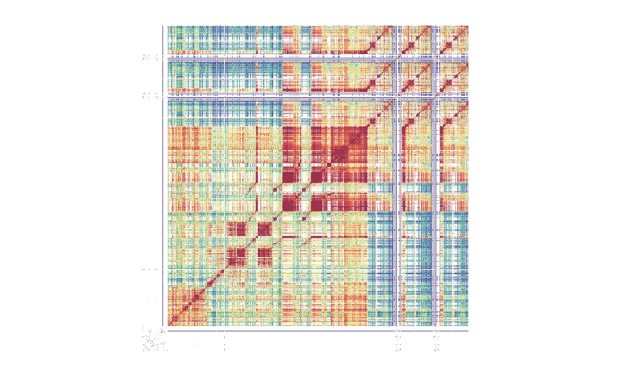Reproductive questions
- 10 January 2022
- 2 minutes
Gonville & Caius College student Kristian Galea (Medicine 2018) has turned his third-year dissertation into an academic paper which raises important ethical considerations behind assisted reproduction.
Kristian, who is in his first year of clinical study after completing his pre-clinical degree, is currently on a placement at an In Vitro Fertilisation (IVF) clinic and is considering specialising in assisted reproduction.
His paper, in the journal Reproduction and Fertility, is titled Is there a valid ethical objection to the clinical use of in vitro-derived gametes?
“What IVG would allow is for a scientist to create gametes, a sperm cell or an egg cell, from any cell of the body, a skin cell for example. That sex cell could then go on to be used as part of an IVF process to create offspring,” Kristian says.
“The reason why it’s important is because it would help people who cannot produce their own gametes. For instance, people who have had their sex cells destroyed through chemotherapy. This would allow them to still have children who they’re genetically linked to, as in natural conception.”
To have a genetic link in these circumstances is something that no other assisted reproductive technology can achieve, says Kristian, who adds that there are scientific and ethical challenges to address before this technique can be considered for clinical use.
Same-sex couples would still need a sperm cell and an egg cell to make offspring, but to create a sperm cell from a woman or an egg cell from a man requires genetic engineering, which many consider unethical. It is also possible an individual could create offspring using their own cells, another challenging topic ethically and scientifically.
Kristian adds: “In principle, cells from one person could be made into sperm cells or egg cells and these could fertilise each other. From the scientific standpoint it comes with a higher risk of diseases because combining genes from two different people is protective.”
The United Kingdom’s Human Fertilisation and Embryology Authority would have to approve any assisted reproduction technologies involving IVG. The HFEA recently approved the seminal techniques of mitochondrial replacement therapies, with the aim of eliminating hereditary mitochondrial diseases.
Supervised by Professor Martin Johnson, Emeritus Professor of Reproductive Sciences and a Life Fellow at Christ’s College, Kristian was shortlisted for the Society for Reproduction and Fertility Stewart Rhind Science Writing Prize for his dissertation, before becoming an editors’ pick for Reproduction and Fertility.
IVG is a topic often revisited and Kristian will be sure to follow.
“It’s important to discuss all the possibilities beforehand, before it’s scientifically possible to do these things,” Kristian says.


